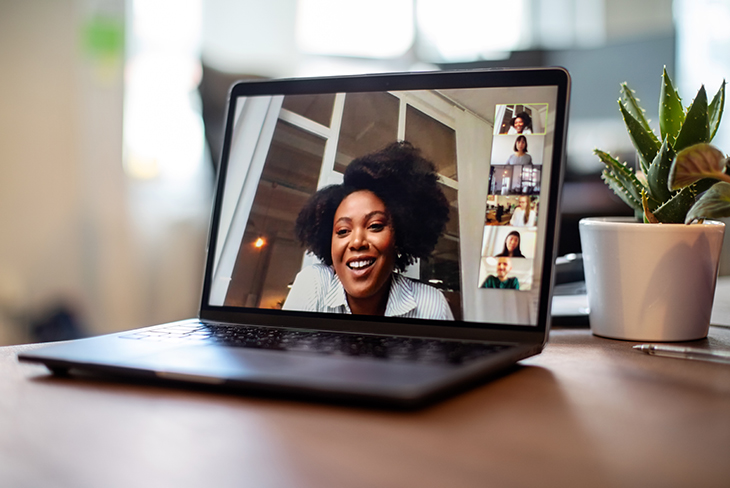Can social distancing be bad for your mental health?

While social distancing and self-isolation help reduce the spread of COVID-19, the psychological effects are undeniable. So, how can you stay socially connected and still safely keep your distance?
Social distancing and containing the coronavirus
The World Health Organization (WHO) asserts that social distancing is critical to limiting the spread of COVID-19. Since we now know that the disease is spread from person to person via airborne virus-packed droplets that settle on surfaces and clothing, distancing is essential.
Asymptomatic spread – where people who display mild or no symptoms and are unaware that they are infected pass on the virus – has also placed emphasis on the importance of maintaining a distance of at least 1m between persons. But how is physical distancing harming our mental wellbeing?
Human beings need connection
Scientific data suggests that social connection is a core psychological need and we are profoundly shaped by our social environment. The need for human social connection originated from larger numbers creating a sense of safety and ensuring our survival, explains Dr Theshenthree Govender, a specialist psychiatrist based at Life St Joseph’s at Life Entabeni Hospital in Durban. ‘This is why when we are socially isolated, our bodies tend to perceive a threat,’ she explains. ‘Working together as a community ensures our survival and success as a species, so social connection allows us to feel safe.’
Millions of people worldwide who have had to self-isolate, live apart or apply physical distancing have experienced feelings of loneliness and isolation. Research indicates that prolonged isolation can have profound psychological effects, including:
- Stress
- Anxiety
- Fear
- Depression
- A lack of motivation and productivity
- Cognitive decline
- Trauma
- Anger
- A reliance on unhealthy coping mechanisms, like alcohol abuse, smoking or drug abuse
However, there are ways to be apart but together – safeguarding your mental and physical wellbeing.
How to find connection and stay safe
‘I think some people have interpreted social distancing incorrectly and this has relayed a subliminal message that you need to be isolated,’ explains Dr Govender. ‘It is important to remember that just because physical distancing is required to prevent the spread of the virus, it doesn’t mean that we have to feel lonely and not have social contact with the outside world,’ she adds.
Dr Govender recommends:
- Regularly contacting friends and family using online platforms like Zoom, Google Hangouts or Skype
- Adhering to safety protocols to reduce infection
- Employing safety measures, like using a mask, washing your hands regularly, sanitising and distancing
Prioritise your mental wellbeing by staying connected to others and find a healthy distraction, like exercise or a hobby, to counter feelings of loneliness and isolation. While safety is important, as human beings we must connect with others and draw strength and support from our social connections.
If you feel overwhelmed by the current COVID-19 restrictions, speak to a mental health professional. Life Mental Health is a leading provider of private mental health services at nine facilities in four provinces across the country.
The content provided is not intended to be a substitute for professional medical advice, diagnosis or treatment and does not cover every aspect of mental health. Consult a doctor or your nearest emergency unit if you are concerned about your own or a loved one’s mental health. The information is shared on condition that readers will make their own determination, including seeking advice from a qualified healthcare professional. E&OE. Life Healthcare Group Ltd does not accept any responsibility for any loss or damage suffered by the reader as a result of the information provided.

